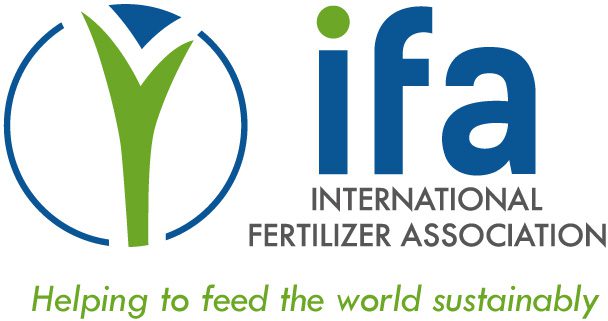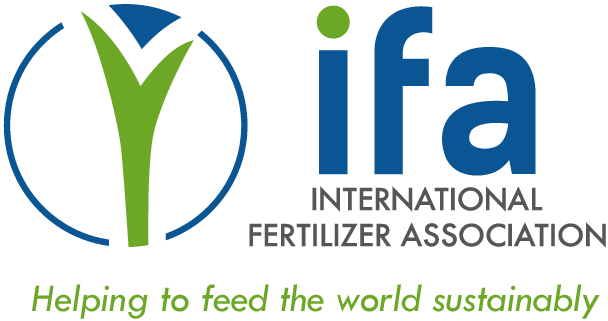IFA partners with FAO and agricultural research leaders to introduce a new global cropland nutrient budget database
Paris, France, November 15, 2022
The International Fertilizer Association (IFA) is pleased to announce the launch of a global nutrient budget reference database, providing more accurate estimates of the nitrogen, phosphorus and potassium inputs and outputs on all agricultural land.
The database serves as a central knowledge bank for quantifying nutrient balances and nutrient use efficiency at national to global scales, and as a foundation for vigilance on the impact of nutrient use on food production, climate, biodiversity, water and air quality.
Led by the Food and Agriculture Organization of the United Nations (FAO) and IFA, in close collaboration with global agricultural research leaders from the University of Maryland Center for Environmental Science, the Swedish University of Agricultural Sciences, CEIGRAM-Universidad Politécnica de Madrid, Wageningen University and Research, the University of Nebraska-Lincoln and the African Plant Nutrition Institute, the database addresses the historical issues of a lack of reliable and harmonized data, different and non-transparent methodologies and inadequate primary data collection, processing and sharing.
Led by the Food and Agriculture Organization of the United Nations (FAO) and IFA, in close collaboration with global agricultural research leaders from the University of Maryland Center for Environmental Science, the Swedish University of Agricultural Sciences, CEIGRAM-Universidad Politécnica de Madrid, Wageningen University and Research, the University of Nebraska-Lincoln and the African Plant Nutrition Institute, the database addresses the historical issues of a lack of reliable and harmonized data, different and non-transparent methodologies and inadequate primary data collection, processing and sharing.
The vision guiding the database’s development focused on improving data quality through broad-based collaboration, new methodologies and the combining of multiple data sources. This comprehensive dataset is made more effective by new visualization and analytical tools, to enable users to obtain greater value and insight from the data itself.
“The launch of the new database is another important milestone in the long-standing FAO-IFA partnership. Our vision is to jointly create, manage and improve a harmonized, global reference point for helping feed the world sustainably. This database and the future plans for its further development are an important step towards realizing this vision,” said Alzbeta Klein, IFA CEO/Director General.
Further planned updates to the database are already under consideration. Annual updates will be applied as part of routine maintenance and data management, while additional features will include nutrient budgets for cropland and permanent grassland, global nutrient flows and Tier 2 and 3 estimates of crop nutrient removal and other components (e.g. manure input and biological nitrogen fixation). The partnership also intends to address data gaps through novel approaches for aggregated field data collection (fertilizer use by crops, crop residues, manure recycling, other practices affecting the nutrient budget). The database is available through FAOSTAT, or through a link in IFASTAT.
About the International Fertilizer Association
The International Fertilizer Association (IFA) was founded in 1927 and is the only global fertilizer association, with some 430 members in 70 countries and a mission to promote the efficient and responsible production, distribution and use of plant nutrients. This mission plays a critical role in helping to feed the world sustainably. IFA represents providers of plant nutrition solutions. Members include fertilizer producers, traders and distributors, as well as their associations, service providers to the industry, research organizations, ag-tech startups and non-governmental organizations.
www.fertilizer.org
LinkedIn: international-fertilizer-association-ifa
Twitter: @FertilizerNews

